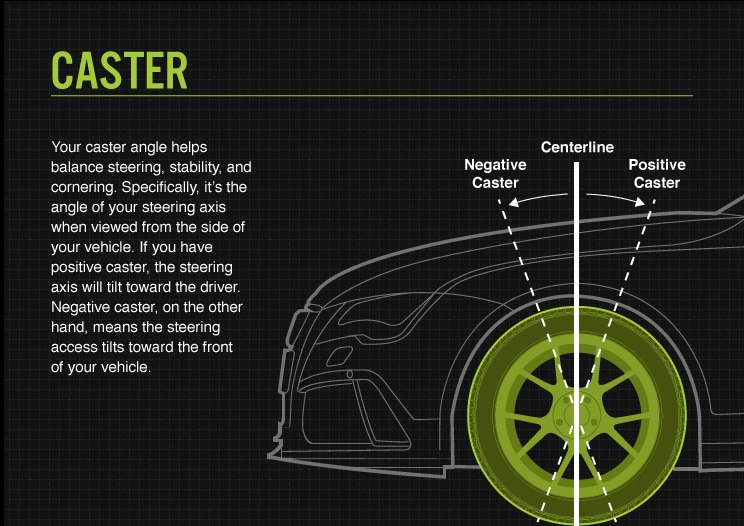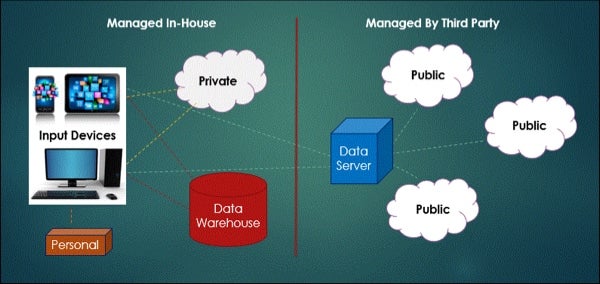Some definitions of Business IT Alignment focus on the results of an organization and on the harmony between IT and. With business-IT alignment you focus on the benefits IT can give to your current and future business goals make reasonable investments and increase the productivity of your business while randomly implemented innovations that do not work together for business targets cannot ensure business-boosting results and the return on investment.
 What Is It Business Alignment Bmc Software Blogs
What Is It Business Alignment Bmc Software Blogs
Business-IT Alignment BITA one of the widely explored topics in the IS research domain remains to be challenging.

Business it alignment. Ad Find It Support For Small Business and Related Articles. The extant literature provides a long list of factors that need to be managed. So what does the businessIT.
Ad Find It Support For Small Business and Related Articles. Business-IT alignment is a business strategy that prioritizes the integration of IT operations and business objectives to reduce costs improve agility and increase the return on investment. These two factors often seem to contradict but many economic and technical experts agree that alignment between them maintained over time is crucial to the success of an enterprise.
From the results of this benchmark four extreme case organizations were selected two high performers and. Business and IT alignment is vital for market impact and growth. Combining IT and business will eliminate unnecessary expenses and will increase business opportunities.
Contact us to perform an in-depth full Business-IT Alignment Assessment to uncover areas which could use some improvement. ERP projects often deliver minimal benefits because they are not aligned with the companys strategic goals. Defining alignment for IT and business.
It is not merely IT-Business Alignment anymore. Executive steering committees ensure alignment between business goals and project goals. The Relationship Between EGIT and Alignment 522020 38 In each organization it was asked that five to ten senior business and IT managers completed a questionnaire measuring businessIT alignment maturity on a scale from 0 to 5 based on the Luftman model as discussed earlier.
Neither is less necessary. It is not a question of whether an organization is aligned or not aligned. Every organization today must become a technology business no matter what product or service you offer.
Once current state alignment is understood we can help you develop a roadmap that identifies opportunities for enhancing the harmonious relationship of business and IT. Business-IT alignment is the correspondence between the business objectives and the Information Technology IT requirements of an enterprise. That IT enables business and business drives IT efforts.
For example if a manufacturing companys goal is to provide better response times to customers then the executive steering committee should. Although business and IT teams have vastly different roles and purposes they ultimately share one underlying objective. Business-IT alignment is the working of technology to achieve organizational goals and is vital for business growth.
This shift is inevitable and with it comes the concept of IT-business alignment. Business to IT alignment is a strategic goal that can only be reached by taking tactical steps to bring Business and IT closer together to generate mutual understanding and trust. It is a question of how to enhance the IT-business relationship to help improve opportunities for leveraging IT.
Efforts taken toward IT-Business Alignment stem from the desire to establish trust between a businesss units and IT that provides a mechanism for unanimous decision-making which supports the business. To offer a seamless and satisfying customer experience that has a positive impact on business. Alignment considers both how IT is aligned with the business and how the business should or could be aligned with IT.
Business IT Alignment is about using information technology IT effectively to achieve the desired situation of an organization. This tactic means as business goals pivot IT can more readily respond with necessary solutions to support and maintain enterprise momentum. Alignment can imply separate entities on parallel paths but IT-Business.
Business-IT alignment is a dynamic state in which a business organization is able to use information technology IT effectively to achieve business objectives - typically improved financial performance or marketplace competitiveness. IT-Business convergence means that both entities are moving to become one unit. In turn technological advances and improvements are hardwired into current and future strategies and initiatives.
When alignment is achieved communication is effective resulting in valued partnership. It can be used to achieve objectives for instance to improve financial performance or market position.


